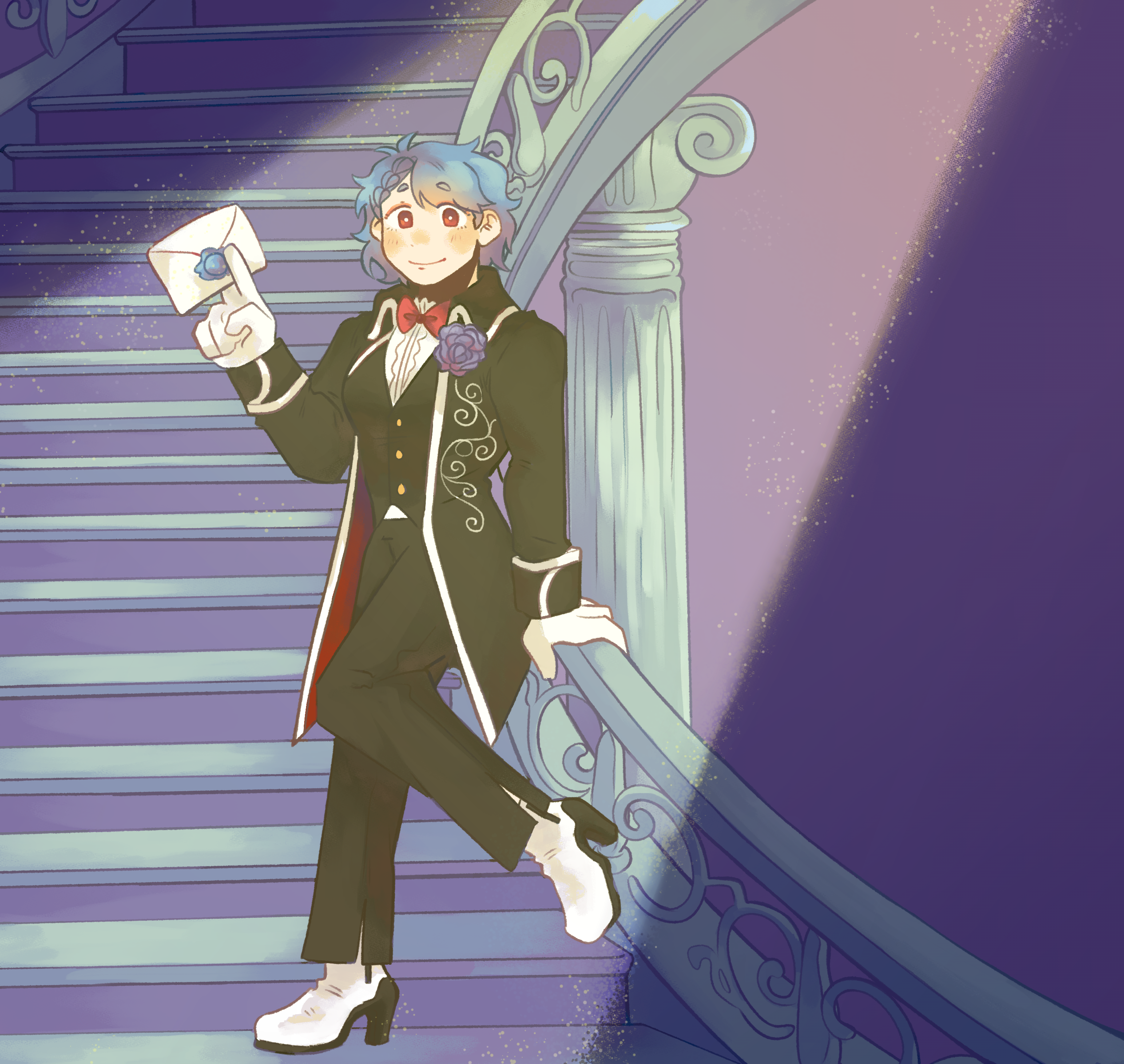
The past few years have seen an explosion in “narrative” adventure games (some people call them “walking simulators,” but these people are wrong): they take the genre, strip out most of the puzzle-solving and sense of danger, and task players with traversing a tightly-knit world as a story unravels around them. Plenty of games have already made their mark with this template (Firewatch, Virginia and What Remains of Edith Finch come to mind), but we’ve seen just as many that end up stumbling over themselves. When you’re building an entire game centered around experiencing a 3D space with a story, the rough edges are easier to spot. Especially when said story isn’t quite what you expected when you first picked it up.
Draugen, the latest from Red Thread Games (who you might remember from The Longest Journey series), is a mystery set in the 1920s, and is focused on a remote Norwegian village named Graavik. Edward Harden, a well-read shut-in from America, is following the trail of his missing sister Betty. When he arrives in Graavik with Lissie, a traveling companion from Boston who leans heavily on a vocabulary straight out of The Great Gatsby (many an “old sport” and “old fruit” are uttered), he finds that the fjord-adjacent hamlet has been abandoned entirely, including the house of his presumed hosts. With little more than a few unsettling clues to go on, Edward and Lissie are left investigating where everyone went, finding clues about Ed’s missing sister along the way.
Lissie’s presence makes investigation rather straightforward: there’s a dedicated Lissie button that has her cough up hints if she’s nearby, while also acting as a beacon if she’s somewhere else in the village. She’s almost too helpful, since there are few instances where she isn’t at the next investigation spot, but her uncanny nose for clues (must be a Bostonian thing) keeps things moving along at a brisk pace. Aside from a handful of simple puzzles, you’re mostly examining the missing residents’ journals, documents, and the state of their dwellings to deduce what happened here. Even though making progress feels mindless at times, it helps that Graavik itself is a breathtaking place to visit, with gorgeous green slopes and an eerie sense of solitude.

You’ve doubtlessly seen Edward and Lissie’s dynamic play out a million times by now. Lissie is the witty, lighthearted jokester of the group, doing handstands in the street and pushing Ed to engage in “a life of crime” (i.e. breaking into locked buildings when no one answers his knocks). In a genre filled with protagonists monologuing to themselves, it’s nice to have someone else chatting your ear off for once. Ed is a curt, brooding individual who balks at the idea of spending time among others, but is clearly thankful for Lissie’s company (if not her cheeky sense of humor). Inevitably, there’s more to these two than meets the eye, and as Lissie starts losing her temper over Ed’s insistence on putting his missing sister above all else, you get a better look at what motivates them both. But with only two and a half hours of space to work with, and an abrupt introduction to a third agent, I found myself wishing I had spent more time with them.
As I alluded to earlier, the mystery that ends up being solved is altogether different than the two Draugen opens with. What begins as a missing persons case for the town and Betty morphs into a deeply personal story about suicide, abandonment, and the ways we try to explain the inexplicable. Right as you have a bead on how things work around here, Draugen knocks everything off the rails with one simple animation, forcing you to question everything that’s occurred up to this point. Though the shift in tone is sudden and will doubtlessly bother some people, it turned what seemed like a standard, contemplative mystery into something far more memorable.
It’s a shame that Draugen ends soon after this shift: if they spent more time exploring the ramifications, it could feel less like an M. Night Shyamalan twist.. As-is, it managed to turn exploring an abandoned Norwegian town into a lively, haunting affair, and that’s more than I can say for a lot of its ilk.

